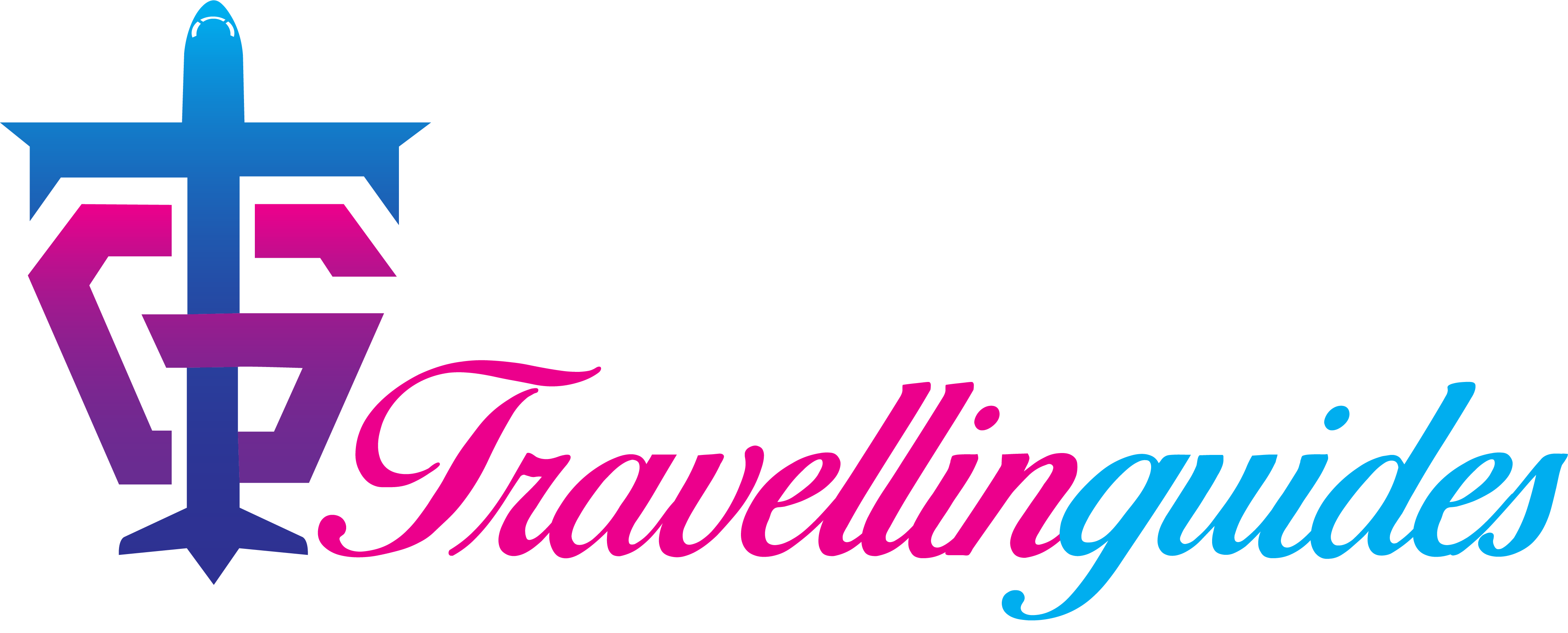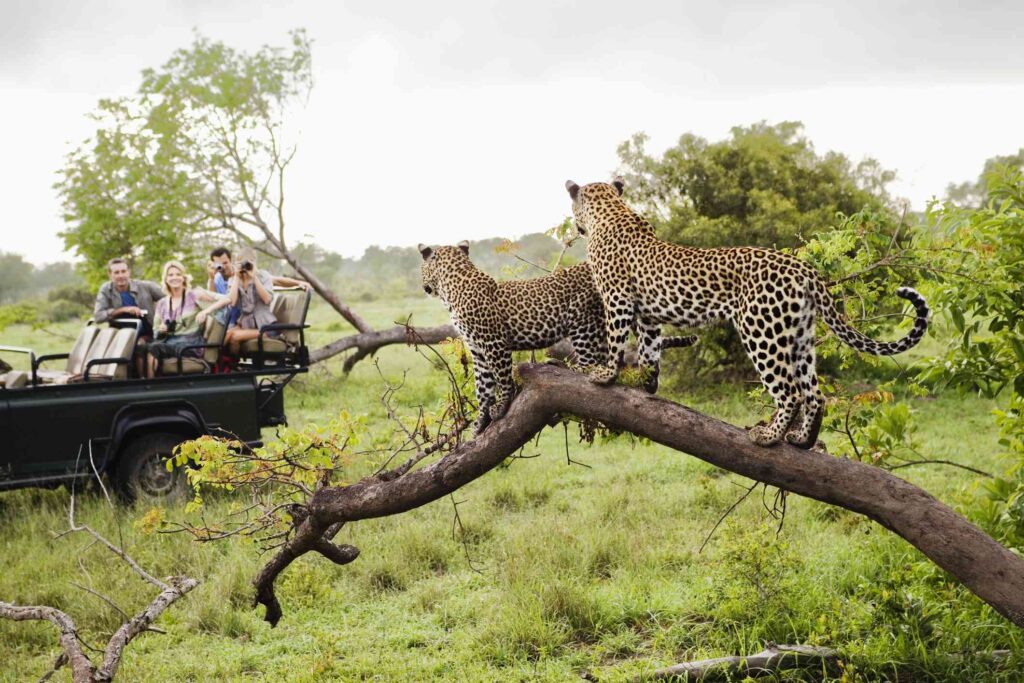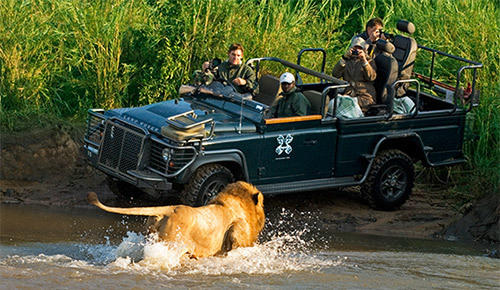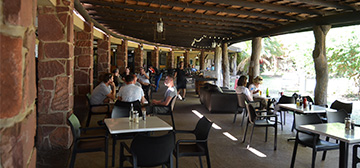Kruger National Park in South Africa is a fantastic place to see beautiful nature and lots of different animals. It’s huge—about 20,000 square kilometers—and one of the biggest wildlife parks in Africa. This blog will show you around the park without actually going there and tell you about the best places to visit, what you need to travel there for, how much it might cost, where to stay, what kind of food you can try, and what life is like in that area. Whether you love animals or just want an exciting adventure, Kruger National Park is an amazing place to explore.
Places to visit:
Skukuza: The park’s largest rest camp, Skukuza offers various accommodations and facilities, including a museum, restaurant, and golf course. It’s an excellent base for exploring the park’s southern region.
Satara Rest Camp: Located in the central part of the park, Satara is known for its excellent game viewing opportunities, especially for big cats. The camp provides a variety of accommodations and a great communal atmosphere.
Olifants Rest Camp: Perched on a hill, Olifants offers stunning panoramic views of the Olifants River and surrounding plains. It’s an ideal spot for birdwatching and soaking in the African sunset.
Punda Maria Rest Camp: Situated in the far northern reaches of the park, Punda Maria is perfect for bird lovers. The camp has a unique, lush atmosphere and is known for rare bird species.
Blyde River Canyon: While not part of Kruger National Park, a visit to the nearby Blyde River Canyon is a must. It’s one of the largest canyons in the world and boasts breathtaking vistas and opportunities for hiking.
Visa Requirements:
Before embarking on your Kruger National Park adventure, ensure you have the necessary travel documents. Visitors from many countries, including the United States, the UK, and most of Europe, can enter South Africa for tourism purposes without a visa for up to 90 days. However, it’s crucial to check the latest visa requirements, as they may change.
Costs and Fees:
Air Ticket Fees:
The cost of air tickets to South Africa can vary significantly depending on your departure location, time of booking, and airline choice. On average, a round-trip ticket from the United States to Johannesburg, the closest major city to Kruger National Park, can range from $800 to $1,500 or more. Be sure to monitor fare deals and book well in advance to secure the best prices.
Travel Costs:
In Kruger National Park, your travel costs will primarily involve park entrance fees and vehicle hire if you opt for a self-drive safari. Daily conservation fees for international tourists range from approximately $15 to $30, while South African residents pay lower rates. Vehicle rental costs vary, so it’s advisable to compare rates and book in advance.
Hotel Costs:
Accommodation within the park varies from basic campsites to luxury lodges. The cost of your stay depends on your preferences. Basic campsite fees start at around $20 per night, while luxury lodges can exceed $500 per night. Popular mid-range options, like bungalows or cottages, typically cost between $60 and $200 per night.
Additional Costs:
Apart from park fees and accommodation, consider other expenses such as meals, fuel for self-driving, guided safari tours, and park activities. Budget approximately $20 to $40 per person per day for meals, and safari tours can range from $30 to $100 or more per person.
Food & Lifestyle
Food Cuisine:
South African cuisine is a delightful blend of flavors and influences. In the park, you’ll find restaurants and cafes offering a mix of Western and traditional South African dishes. Don’t miss trying out local specialties such as biltong (dried cured meat), boerewors (sausage), and bobotie (a spiced baked dish). Accommodations often have self-catering facilities, allowing you to cook your meals if you prefer.
Lifestyle:
Life in Kruger National Park revolves around the rhythm of nature. Mornings start early with the sunrise, and days are filled with game drives and wildlife encounters. Evenings are a time for relaxation around campfires or dining under the stars. Embrace the bush lifestyle, and remember to follow safety guidelines and respect the wildlife.
Tour Essentials:
- Binoculars and Camera: The park’s vast landscapes and diverse wildlife demand excellent optics and a good camera to capture the moments.
- Comfortable Clothing: Dress in layers and wear neutral-colored clothing for game drives. Don’t forget a hat, sunscreen, and insect repellent.
- Guidebook: A field guidebook will help you identify the animals and plants you encounter.
- First Aid Kit: Basic medical supplies and any personal medications are essential.
- Water and Snacks: Stay hydrated and carry snacks for long drives.
Additional Experiences:
Aside from the traditional game drives, Kruger National Park offers exciting experiences like guided bush walks, night drives, and bird-watching. Engaging with local communities and cultural experiences is also possible, adding a unique dimension to your trip.
Conclusion:
Kruger National Park is an unforgettable destination for wildlife enthusiasts, adventurers, and nature lovers. Its unique blend of captivating landscapes, diverse wildlife, and immersive bush experiences make it a must-visit destination in South Africa. While it may require some planning and financial preparation, the memories you create during your Kruger adventure will last a lifetime. So, pack your bags, plan your trip, and embark on an extraordinary journey into the heart of the African wild.







0 Comments